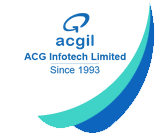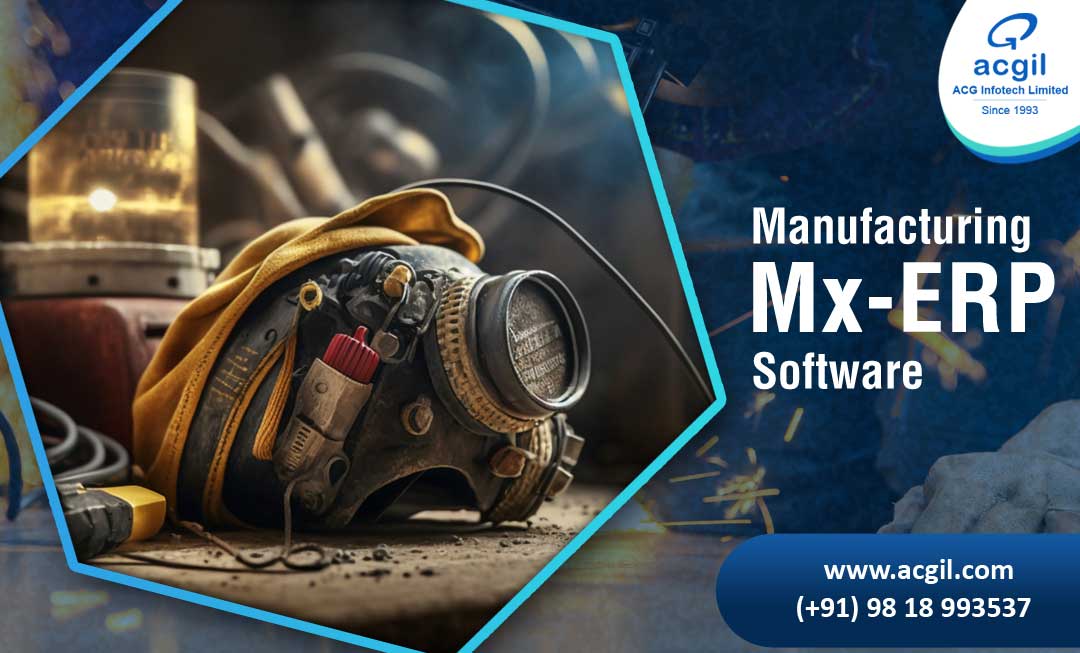In today’s fast-paced industrial landscape, staying ahead of the competition requires more than just efficient manufacturing processes. The success of any production line depends on streamlined operations, accurate data management, and the ability to adapt swiftly to changing market demands. This is where Manufacturing ERP (Enterprise Resource Planning) software comes into play. By integrating various aspects of production, inventory, and business management, Manufacturing ERP software has the potential to revolutionize your production line. Let’s delve into the world of ERP and explore how it can enhance your manufacturing endeavors.
Introduction
As the manufacturing landscape evolves, traditional methods are no longer sufficient to maintain a competitive edge. Manufacturing ERP software has emerged as a game-changer, offering a comprehensive solution to the challenges faced by production lines across industries. From optimizing operations to enabling informed decision-making, ERP software has the potential to redefine how manufacturers operate.
Understanding Manufacturing ERP Software
Manufacturing ERP software is an integrated suite of applications designed to manage various aspects of the manufacturing process. It seamlessly integrates processes like inventory management, order processing, production planning, resource allocation, and financial management. This integration facilitates real-time data sharing and eliminates the need for disparate systems, leading to more accurate and streamlined operations.
Benefits of Manufacturing ERP Software
Increased Operational Efficiency
ERP software empowers production lines by automating repetitive tasks and optimizing workflows. This results in reduced manual errors, increased production speed, and better utilization of resources. The ability to track and monitor processes in real-time allows for proactive adjustments, ensuring smooth operations.
Enhanced Inventory Management
Maintaining optimal inventory levels is crucial for efficient production. ERP software provides insights into inventory levels, demand forecasts, and supplier information. This enables manufacturers to prevent stockouts, reduce excess inventory, and enhance overall supply chain management.
Real-time Data Insights
Data is a valuable asset in modern manufacturing. ERP software offers real-time visibility into key performance indicators, production metrics, and financial data. This empowers decision-makers to make informed choices and identify areas for improvement promptly.
Implementation Considerations
Assessing Your Needs
Before implementing ERP software, assess your production line’s unique needs and challenges. Identify pain points and prioritize functionalities that align with your goals.
Choosing the Right Solution
Selecting the right ERP solution is critical. Consider factors such as scalability, customization options, vendor support, and integration capabilities. Choose a solution that aligns with your long-term business strategy.
Planning for Implementation
A successful ERP implementation requires meticulous planning. Develop a clear implementation roadmap, allocate resources, and involve key stakeholders. Effective communication is crucial throughout the process.
Maximizing ROI with Manufacturing ERP
Employee Training and Adoption
Ensure your workforce is well-trained to use the new ERP system effectively. User adoption is key to maximizing ROI. Provide training and support to address any challenges during the transition.
Continuous Process Improvement
ERP software facilitates data-driven decision-making. Leverage the insights gained to identify bottlenecks and areas for process improvement. Continuously refine your operations to achieve better results.
Scalability and Flexibility
As your production line grows, your ERP system should scale seamlessly. Choose a solution that accommodates future expansions and technological advancements.
Challenges and Solutions
Integration Complexities
Integrating ERP software with existing systems can be complex. Work with experienced consultants to ensure a smooth integration process and data migration.
Data Security Concerns
Data security is paramount. Implement robust security measures to protect sensitive production data from unauthorized access and cyber threats.
Change Management Strategies
Transitioning to ERP software requires a cultural shift. Implement change management strategies to gain buy-in from employees and mitigate resistance to new processes.
The Future of Manufacturing ERP
AI and Machine Learning Integration
The future of ERP lies in AI and machine learning integration. Predictive analytics and intelligent insights will empower manufacturers to anticipate demand, optimize processes, and enhance decision-making.
IoT-Driven Insights
IoT devices will play a crucial role in data collection and analysis. Real-time data from connected devices will enable proactive maintenance, minimize downtime, and improve overall equipment effectiveness.
Conclusion
Manufacturing ERP software is a transformative tool that has the potential to revolutionize production lines. By streamlining operations, enhancing data-driven decision-making, and overcoming challenges, ERP software empowers manufacturers to adapt to the ever-changing business landscape. Embrace the power of ERP to unlock new levels of efficiency and competitiveness in your manufacturing endeavors.

